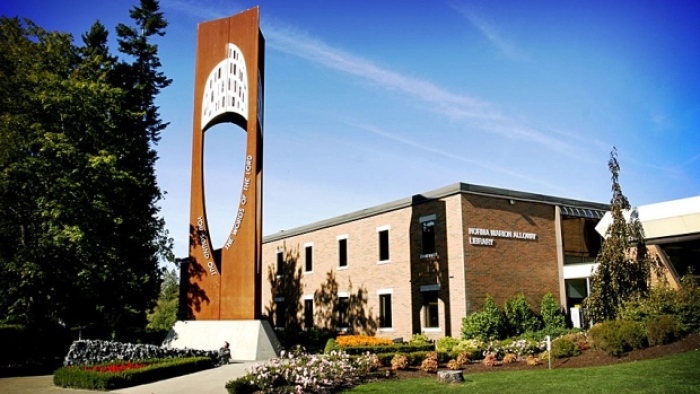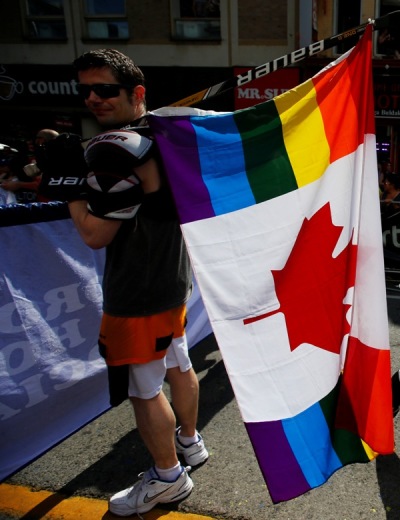Christian Law School Can Be Denied Accreditation Over Biblical Stance on Homosexuality, Ontario Court Rules

The Ontario Court of Appeal ruled Wednesday that a Christian University can be denied accreditation because of its opposition to homosexuality.
In a ruling released Wednesday, a three judge panel of the high court concluded that Trinity Western University's "community covenant," which bans a host of behaviors, discriminates against LGBT people and that the Law Society of Upper Canada was justified in denying accreditation.
"TWU wants to establish a law school. Although members of the lesbian, gay, bisexual, transgender and queer ('LGBTQ') community may apply to the proposed law school, they will not be admitted unless they are willing to sign and adhere to TWU's community covenant," read the ruling.

"The consequence is that LGBTQ students are discriminated against in terms of admission to, and life at, TWU."
An evangelical Christian university, Trinity Western's law school has been granted accreditation by several provincial law societies and the Federation of Law Societies of Canada.
However, three provincial societies, the Law Society of Upper Canada, Nova Scotia Barristers' Society, and the Law Society of British Columbia, denied them accreditation.
At specific issue is the university's community covenant, which requires students and faculty to "voluntarily abstain" from "sexual intimacy that violates the sacredness of marriage between a man and a woman."
"The university's mission, core values, curriculum and community life are formed by a firm commitment to the person and work of Jesus Christ as declared in the Bible," reads the covenant.
"The community covenant is a solemn pledge in which members place themselves under obligations on the part of the institution to its members, the members to the institution, and the members to one another."
The Community Covenant also calls for its community to abstain from "gossip, slander, vulgar/obscene language," ... "stealing, misusing or destroying property belonging to others," ... "drunkenness, under-age consumption of alcohol, and the use or possession of illegal drugs."
In response, Trinity Western filed a lawsuit against the three law societies. Their litigation has gotten mixed results from the provincial courts.
In January 2015, the Nova Scotia Supreme Court ruled in favor the university while last July a three-judge divisional court of the Ontario Superior Court of Justice ruled against them.
In June, TWU argued before the British Columbia Court of Appeal. The university is being represented by the Evangelical Fellowship of Canada and Christian Higher Education Canada.
Regarding the loss in Ontario, EFC President Bruce Clemenger said in a statement Wednesday that he was disappointed with the decision.
"Significantly the Court of Appeal recognized that the refusal to accredit the proposed law school violates the religious freedom of TWU and its students in a significant way," stated Clemenger.
"We disagree that the law society was justified in overriding these rights in deciding not to accredit the law school."





























